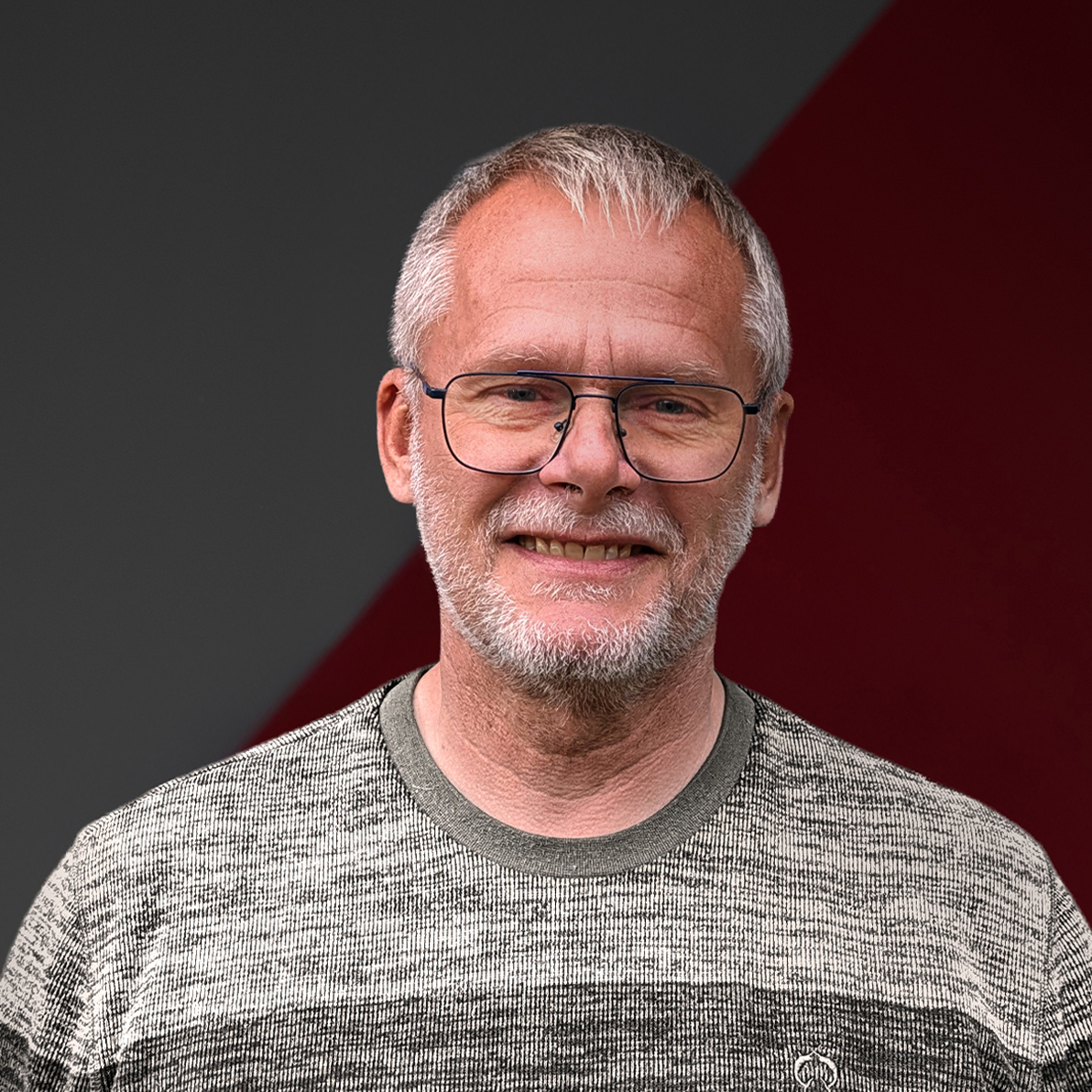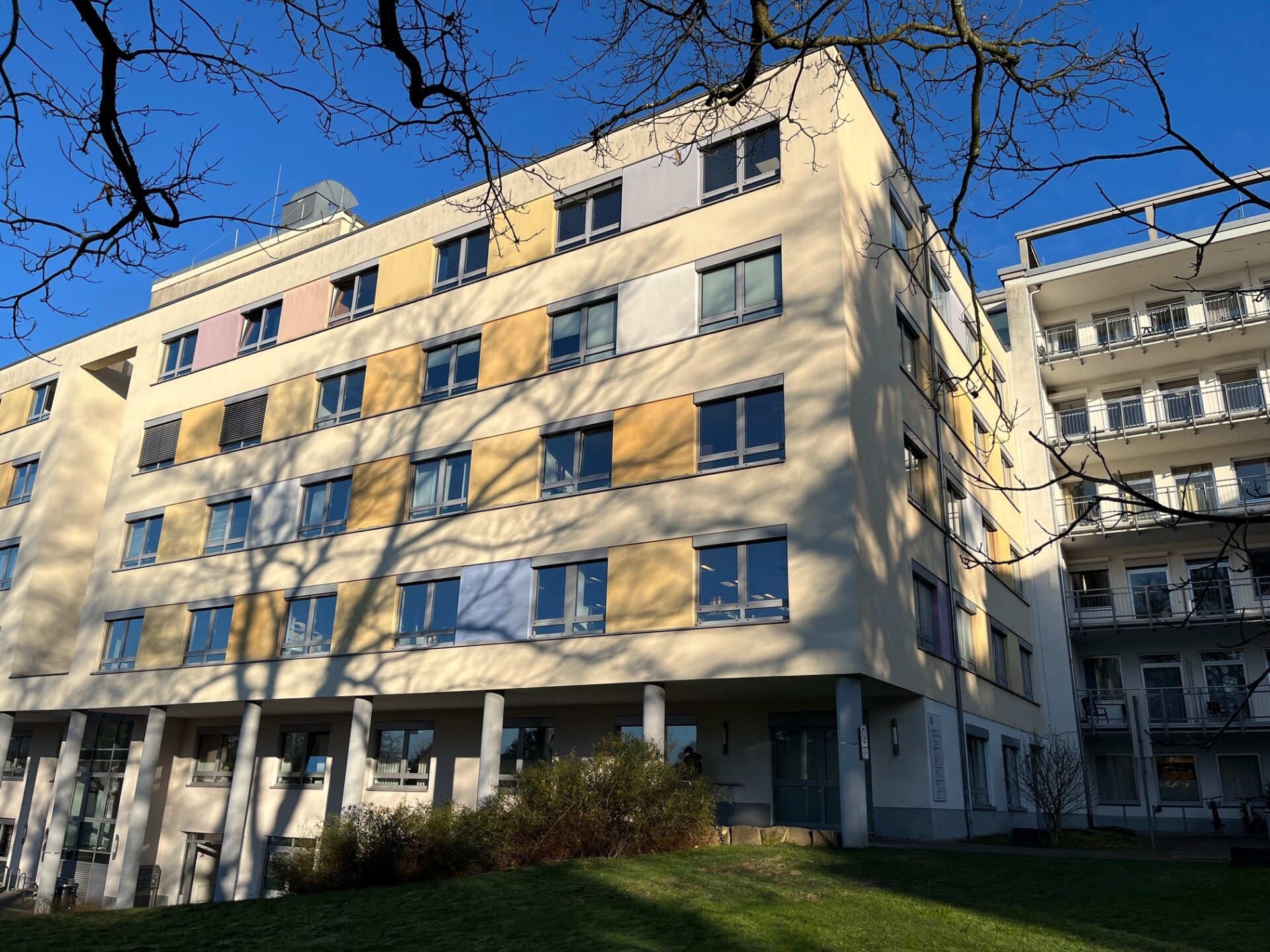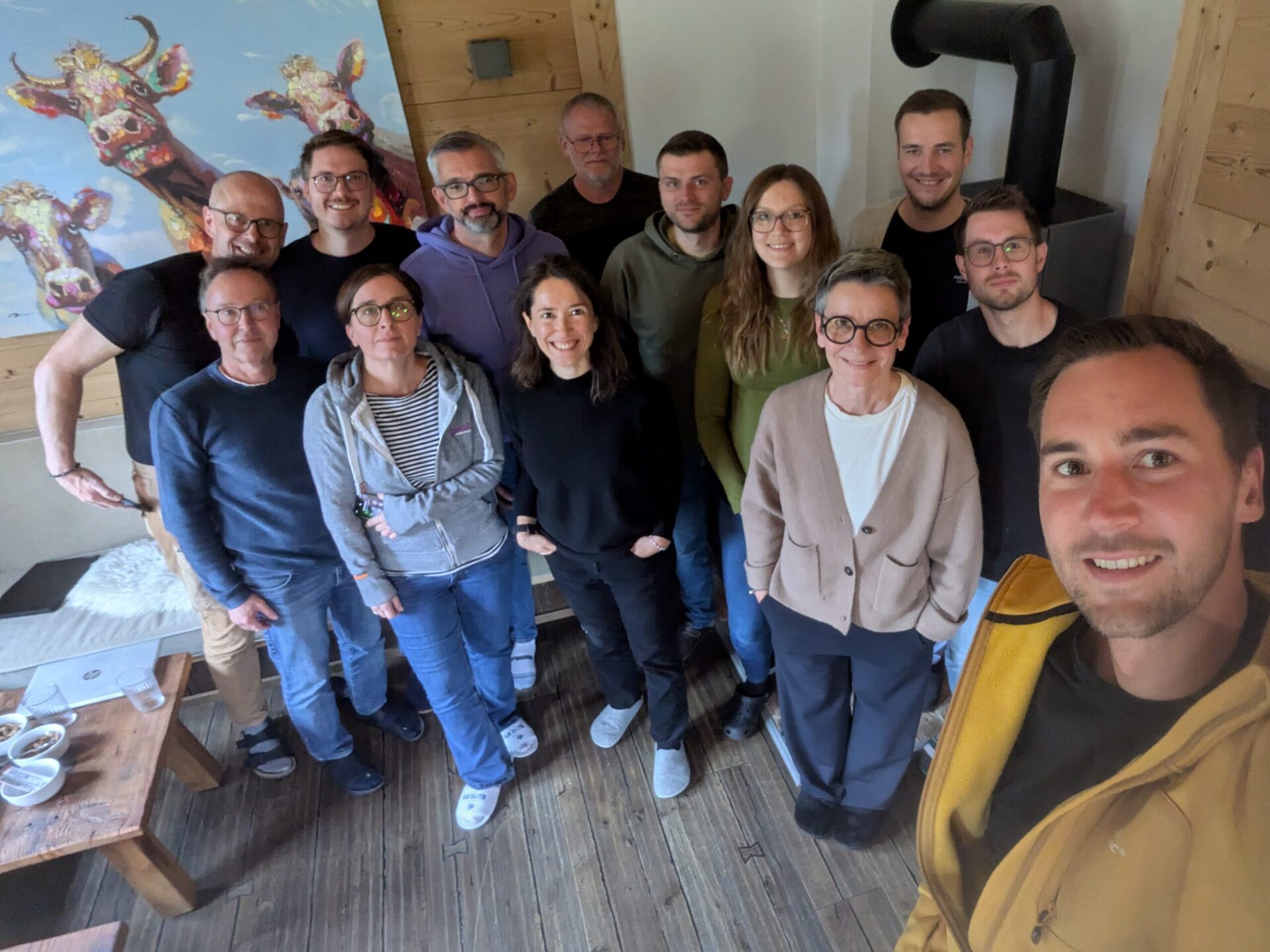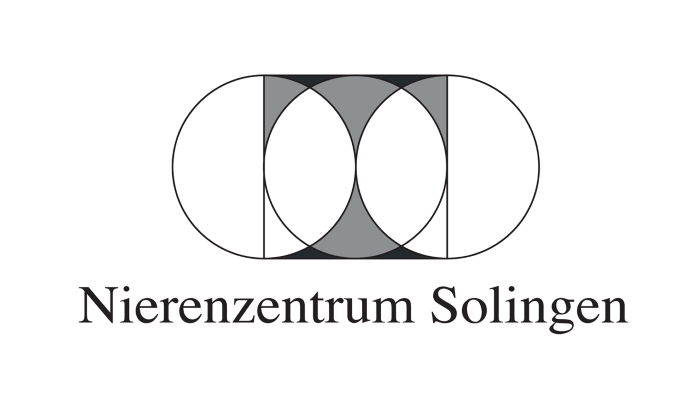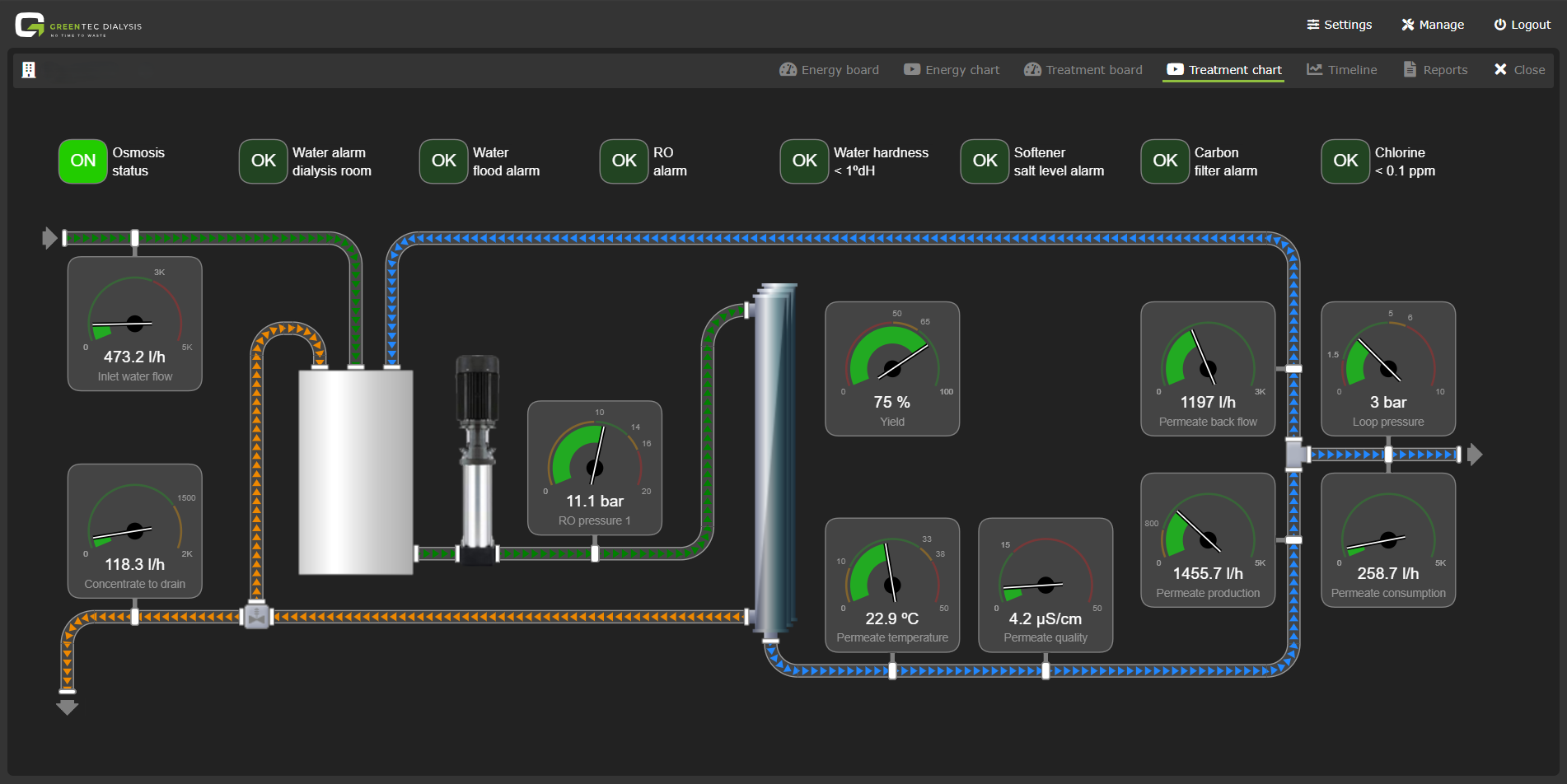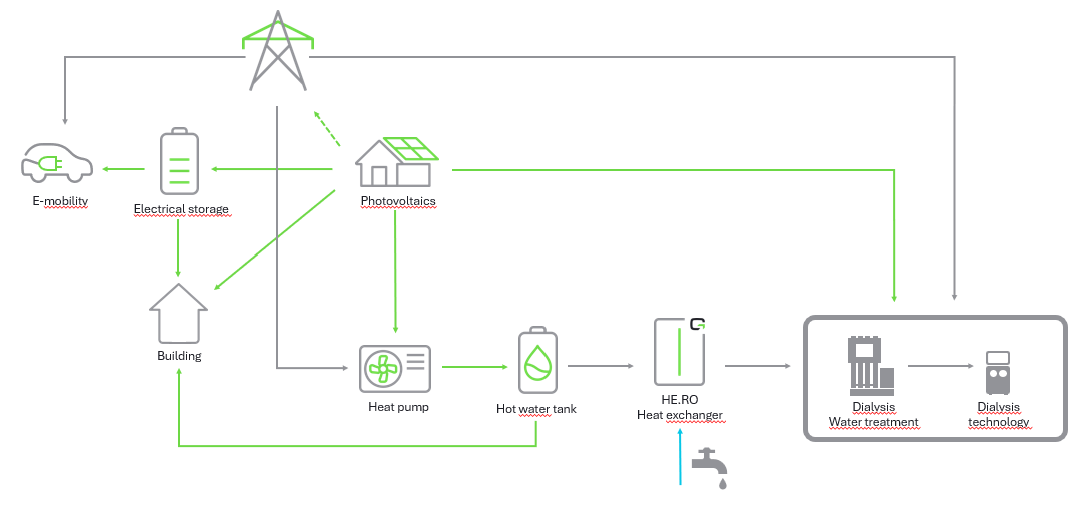Cross-Sector Integration in Dialysis:
Greater than the sum of its parts
Dialysis is at a turning point. Rising operating costs, increasing resource consumption and the pressure to operate more sustainably call for new solutions. But how can a dialysis centre become more efficient, environmentally friendly and future-proof at the same time, without compromising treatment quality?
Our answer: GreenTec Cross-Sector Integration.
What does Cross-Sector Integration mean to us?
For us at GreenTec Dialysis, Cross-Sector Integration is more than a technical buzzword. It is a concept developed specifically for dialysis that combines medical technology, renewable energy and intelligent building technology into one integrated solution. The goal is to significantly reduce energy and water consumption – not just through individual measures, but through the interaction of technologies.
How does it work?
Our sector networking combines several technologies:
- Photovoltaics: Provide electricity for energy-intensive processes such as reverse osmosis or dialysis machines.
- Heat pumps: Use environmental heat to preheat water efficiently.
- HE.RO system (HEat up Reverse Osmosis): uses this heat as a heat exchanger to temper water before reverse osmosis.
Cross-Sector Integration in dialysis works even with just a few elements.
The diagram below shows an example with many components:

The Cross-Sector Integration is completed through digital connectivity:
- Our GreenTec Performance System (GPS) monitors all components and provides valuable data that can be used to identify optimisation potential. Learn more in this blog article.
Why is this relevant?
Dialysis is one of the most resource-intensive areas in the healthcare sector.
In Germany, around 80,000 people are dependent on dialysis treatment three times a week.
- 9 to 12 kWh of electricity and 400 litres of water per treatment are consumed.
- For this up to 100 million litres of fresh drinking water are required weekly.
- The daily electricity demand of all German dialysis centres corresponds to the consumption of a city like Greifswald or Friedrichshafen with around 60,000 inhabitants.
With our Cross-Sector Integration, up to 50% electricity and significant amounts of water can be saved.
This not only reduces operating costs, but also lowers the ecological footprint. That’s a real win for operators, patients and the environment.
Potential energy savings with our Cross-Sector Integration

Eligible for funding and future-proof
Our solutions are eligible for BAFA subsidies in Germany. This means, those who invests can expect government support.
The combination of technical innovation and digital control makes dialysis centres more resilient to rising energy prices, water scarcity and regulatory requirements.
Conclusion: Cross-Sector Integration is not a luxury, but a sensible standard
Sector networking is the key to dialysis that is ecologically, economically and technologically convincing.
It is one of two pillars of our Smart Dialysis® concept, with which we want to make dialysis future-proof.
Would you like to learn more? Follow us on Linkedin, continue reading here or simply contact us directly.
